I admire Gen. Muhammadu Buhari but, I’m sorry, I don’t envy him. Expectations are just too high. Nigerians have suffered too much all their lives: they are therefore entitled to lofty expectations from a new president. Refineries must work now. Hospitals must be top-quality now. The schools must be excellent now. Roads must be tarred now. Electricity must be uninterrupted now. As I have argued over the years, no one president is going to change or transform Nigeria in four or eight years. It took time to destroy Nigeria and it will take time to rebuild it. The most important thing is to be sure we are making steady progress and travelling in the right direction.
Nevertheless, Buhari, having come to power with elegant anti-corruption credentials, will face his biggest test in the way he fights graft. I have listened carefully to debates and counter-debates, and I have come to the certain conclusion that Buhari will face his biggest battle in trying to define how he wants to fight corruption. Should he probe the past or not? Should he draw a line or not? Should he accommodate politicians undergoing corruption trials in his team? Should he distance himself from them? Should he go after President Goodluck Jonathan, his ministers and associates? Or should he simply “face front”?
What may pass as his “acid test” would be the $20 billion affair in the Nigerian National Petroleum Corporation (NNPC). The allegation of “missing money” was raised in 2013 by the then central bank governor, Mallam Sanusi Lamido Sanusi, who initially reeled out a series of inconsistent figures. After going back and forth, Sanusi finally settled for $20 billion. The federal government commissioned PwC to do a forensic audit. The report has confirmed that, indeed, $20 billion has not been satisfactorily “accounted for” by the NNPC. You know what that means. The report was submitted to Jonathan, who has now released it to the public.
So what should Buhari do with it? This is where the problem starts. Some want Buhari to pass the report to the anti-graft agencies so that they can do more work and charge the indicted persons to court. Some say he should not do that because it would amount to a “distraction”, that he should just focus on going forward rather than looking backward. Some have taken the argument even further, insisting that if he wants to act on the report, he can as well probe the NNPC further back to 1999, so that it does not appear he is witch-hunting Jonathan. Some say no, let Buhari extend the probe to 1976, when he himself was the minister of petroleum. Nigerians!
Advertisement
But I have bad news for you: there is no action taken by Buhari that will not be questioned and hotly debated. If he probes, he is damned. If he doesn’t probe, he is damned. It is now left for him as a leader to sit back and think through all the possibilities, ruminate over the consequences and consider the benefits of any action he takes — and weigh them against the national interest. It is not as if he is going to be loved by all Nigerians on every decision he takes. For every action, there will be plenty reactions. But I think any leader who seeks to take decisions on the basis of what public response will be is not fit to be a leader, certainly not in Nigeria.
I ask again: what should Buhari do? Going by his pronouncements, he has promised not to probe the past but “draw a line” upon his May 29 inauguration. He would declare: thus far and no more. If he follows this line strictly, that means those who were unable to account for the $20 billion (and many other billions) will go scot-free. The money and energy put into the forensic audit would go to waste. Those who bought private jets, Rolls Royce cars, yachts and mansions all over the world from the booty will continue to enjoy their loot without consequences. How will it feel if a robber snatches your car and is driving it around freely? You won’t like it, would you?
In another pronouncement, Buhari promised to probe the “missing $20 billion”. Indeed, it was after his statement that the auditor-general of the federation quickly flung the PwC report out of the window to the waiting crowd. If Buhari decides to take it further, what are the consequences? Minus cries of “selective justice” that are typical of us in Nigeria, the accused persons can go to court, get injunctions and pervert justice. Except things change, judges and lawyers are very good at making sure justice is delayed or denied. Remember some former governors have been on trial since 2007! The justice system in Nigeria is evidently pro-looting.
Advertisement
Another option will be the “Nicodemus Model”. By this, the looters will quietly come at night to confess their sins and surrender as much loot as they can. No naming, no shaming. They will simply vomit what they have swallowed, assuming they have not digested it or gone to the toilet all these years. Even if it is only $10 billion that can be recovered Nicodemusly, that will be enough to clear arrears of salaries in many states. The way our finances are now, every kobo recovered will count. But you know what? The “Nicodemus Model” will come with serious consequences. Buhari would be accused of treating heavyweight corruption with featherweight punches.
By the way, there are plenty reports awaiting action. The report of the probe into the power sector spending between 1999 and 2007 is hiding somewhere. That one is not up to $20 billion but somewhere near $16 billion. The pension scam probe hardly gets any mention these days. That is why some people say fresh probes will amount to “distraction”. Sure, probes can be difficult and complex but they will only be a distraction if Buhari is the one that will personally investigate and prosecute — or wear the judge’s wig. To avoid “distraction”, Buhari can face the business of government while the anti-graft agencies do their job.
I conclude: no matter the option taken by Buhari on these reports, there will consequences. There will be kudos and knocks. There will be accusations and counter-accusations. There will be venomous debates. It is extremely difficult to fight corruption in Nigeria. While we all like theorising on how corruption is damaging our development, we still do not have a national consensus on how to fight it. We are angry about corruption but we are not angry enough. That is why we politicise our attitude to it. We impute ethnic, religious and political motives rather than ask the all-important question: did you steal or not? Can you now understand why I don’t envy Buhari?
AND FOUR OTHER THINGS…
ZONING FEVER
Advertisement
In 2011, when PDP leaders were fighting about “zoning”, I told them that what they meant was “power rotation”, not zoning. I said power rotation is an agreement to rotate presidency between geo-political zones, while zoning is used per time to distribute offices in an equitable way. Not many people understood me. In fact, the opposition parties said they had nothing like zoning in their constitutions, that it was entirely a PDP problem. APC is now battling to zone the senate presidency and speakership — and that is NOT power rotation. Zoning is our DNA, as I argued in 2011. Vindicated.
SOUTH-EAST AND BUHARI
There is a genuine fear in the south-east that they could be pushed to the margins in the incoming Muhammadu Buhari administration. This is because the zone did not give significant votes to him in the general election. Prominent leaders from the zone have been making representations to Buhari over the matter. I don’t think the south-east needs to fear. By law, every state must produce a minister. By law, appointments at the federal level must reflect the federal character — the much-maligned equitable sharing formula that makes it impossible to ostracise any geo-political zone. Accommodating the south-east is inevitable. Relax.
DE JA VU
Advertisement
I am seeing something like an irony in the imminent return of Gen. Muhammadu Buhari to power. It is just as if history is repeating itself— and this is no farce, mind you. When he took over power from civilians through a coup in 1983, the states were owing salaries. Some were nine months in arrears. The economic crisis was blamed on corruption and falling oil revenue. Three decades later, Buhari is, again, taking over from “civilians” through the ballot and states are, again, owing salaries. The economic crunch, again, is blamed on corruption and falling oil revenue. Weird.
THEIR KINGDOM
Advertisement
Watchers of UK politics should be worried by one phenomenon that appeared to have shaped the May 7 general election: the rise of nationalism. The Scottish National Party (SNP), which is marketed on the basis of taking Scotland out of the UK, won 56 out of 59 seats in its territory. The anti-immigration UK Independent Party (UKIP) got 3.9 million popular votes — the third highest — which somehow indicates that more ordinary Britons now favour this xenophobic manifesto. Meanwhile, the Conservative Party is very much anti-immigration, even if more nuanced. Tories’ decisive victory may just be one signal to immigrants. Alarm.
Advertisement
8 comments

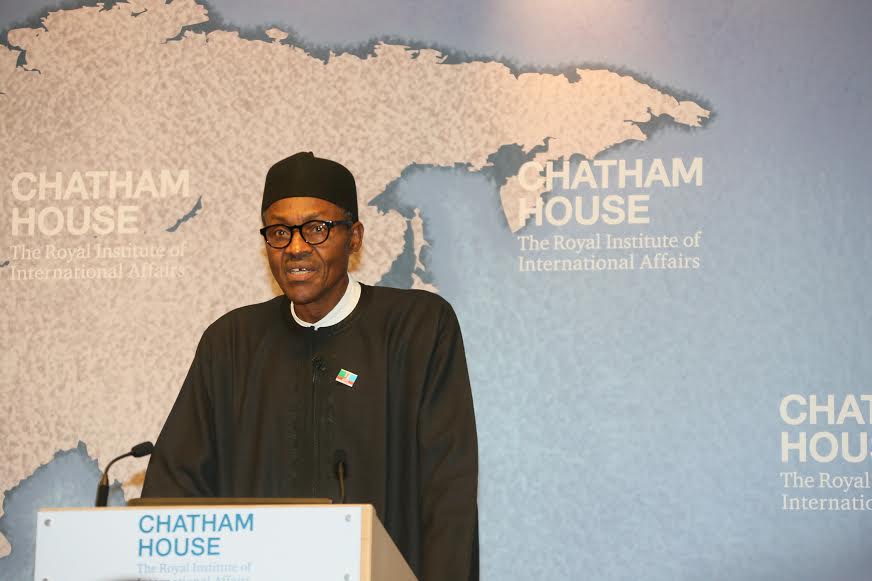
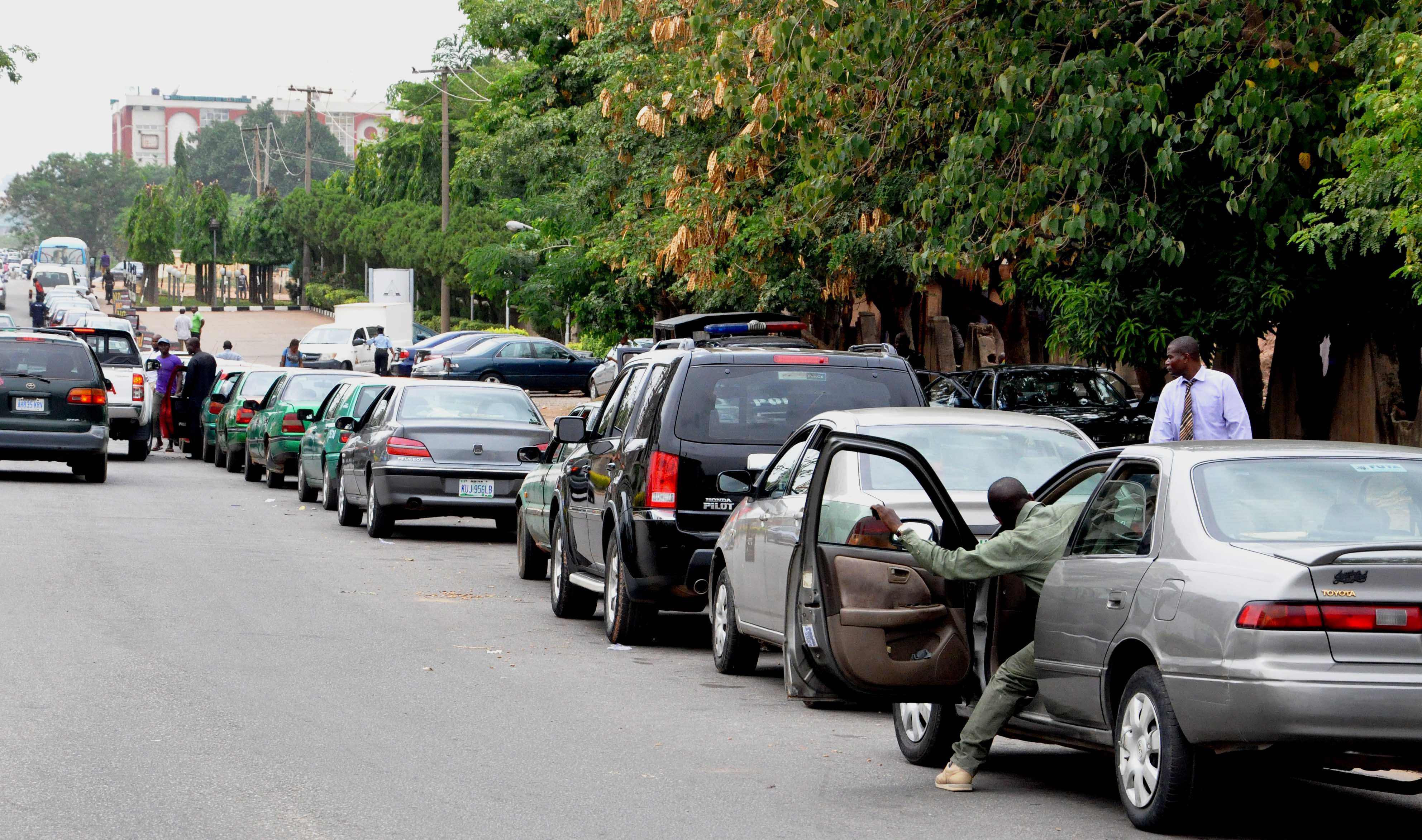
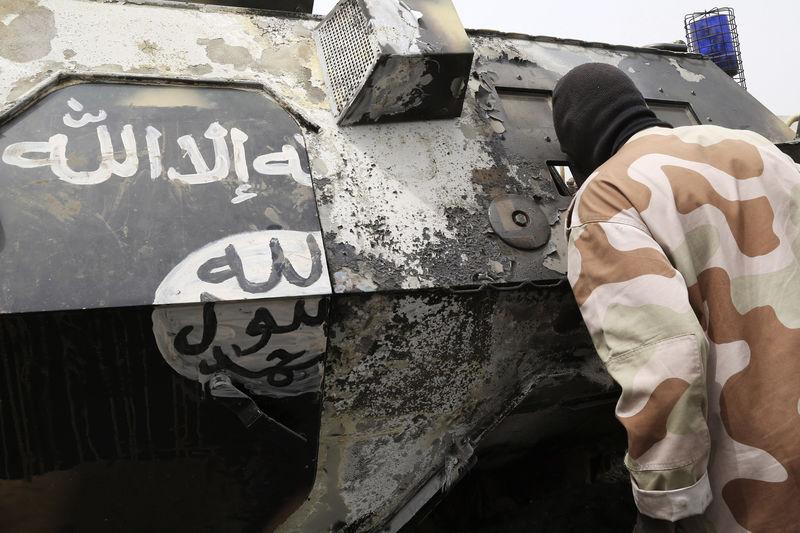
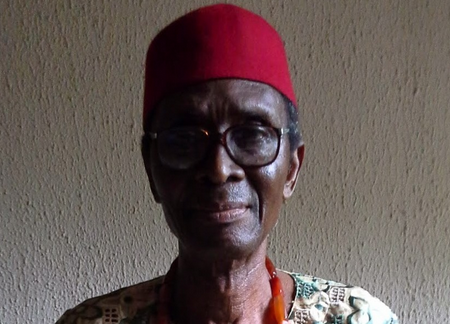

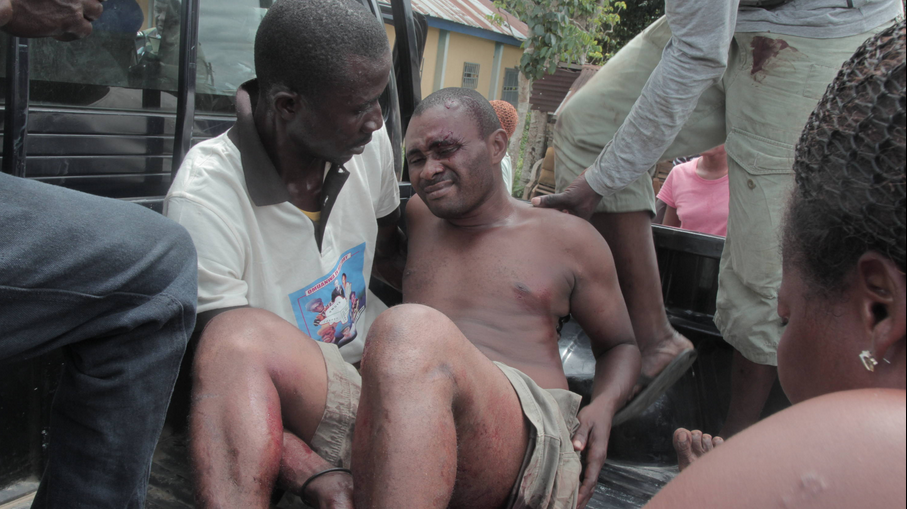

Your comment..
You have said it all Kola but I am of the opinion that those who stole public funds should return them ie nicodemus model.
We have suffered a lot!!!
Buhari is between the devil and deep blue sea!
Hmm….well said Bro. It’s actually unfortunate that GMB is picking up d mantle of leadership at a time when a country is aground & stranded but expectations r high. I want GMB to know that d bucks stop on his table. Leadership is all about responsibilities nt excuses,a man who want to lead orchestra must turn his back on d crowd,step on toes if necessary. Baba I dont envy U at all
God bless d Fed.Rep Of Nigeria
Kola is vey very right.
As good citizens of nigeria, we must pray for the in-coming govt so that it moves in the right direction. This is because one as you said we have very high expectations from this coming govt due to the hardship people are in, and secondly there may be people from behind the scene that do not wish the govt well therefore they will sabotage it’s efforts. So the only option now left to us is good prayer to make them govern with justice for all.
Buhari will be guaranteed one thing: He cannot eat his cake and keep it when it comes to what he has to do. The thinking that there is $20bln to be recovered begs understanding, though. Buhari and his team should focus on systemically improving the quality of lives of Nigerians. Part of it will entail having the relevant agencies do their work irrespective of period or timing.
To be sure, there will be no let off for GMB and his party; they made campaign promises and we will hold them to that. Expectations are therefore deservedly high and we expect delivery to match expectations. Patience may not be a favourite word in the current situation.
buhari should get back all the looted funds in this country,if that should be the focus of this government so be it,probing this thieves and stoping further looting is the greatest development we need in Nigeria,save us general bring all of them to book we no want Nicodemus model,Nigerians should see them suffer,the injuries this people have inflicted on us is too much #CurbCurruptionFirst
There are agencies like efcc,ndlea dealing with wrongdoings of citizenry,and they are still inplace.They should continue their works accordingly.while the chief justice drop red tappism at work.it is noted that most successful nations have executions for embezzuments/corruption,lets follow and uphold our rule of laws.Lets not calling GMB as if he made those laws.GMB please dont compromise anything including those laws,afterall,only God and plainmind can keep your head above waters.I trust you and God bless Nigeria AMEN